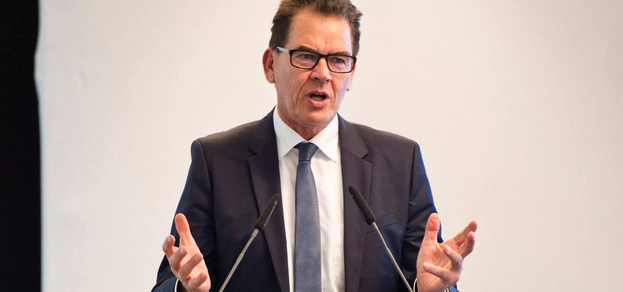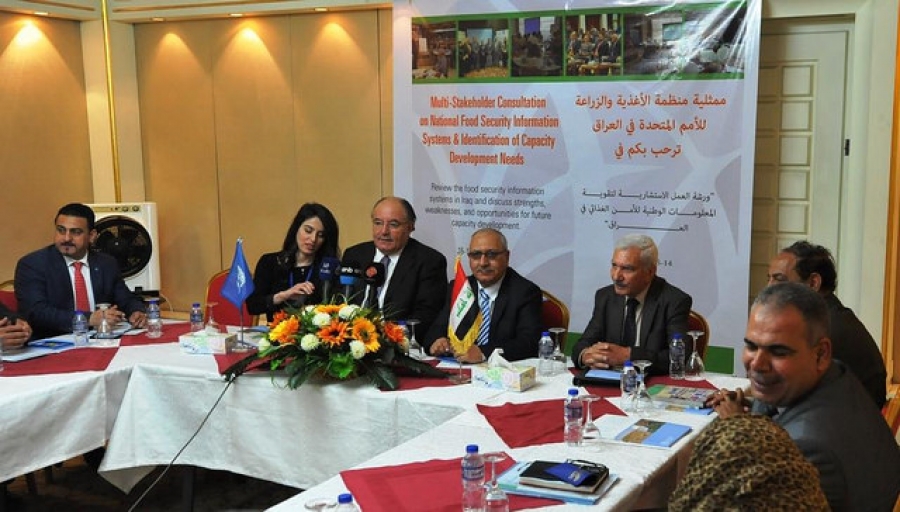Germany has announced an additional $117 million (100 million Euros) in aid to help rebuild the city of Mosul following its liberation from IS; much of the city is in ruins after months of fighting between government forces and IS for control of the city.
The German government has stated that it will massively step up its financial aid to Mosul after its liberation from the IS, who held the city for three years.
German Development Minister, Gerd Mueller (pictured), announced the additional funding in an interview on July 25, which also reported that Germany had up to now invested some $60 million in stabilizing areas around Mosul and its outlying areas.
Mueller said that German support had already enabled more than 60,000 children in Mosul to go to school again and provided 150,000 people with access to vital drinking water.
Most people who had fled from IS have remained in the region and want to return to the city, according to Mueller, who has recently visited a refugee camp in the area.
(Source: GardaWorld)


